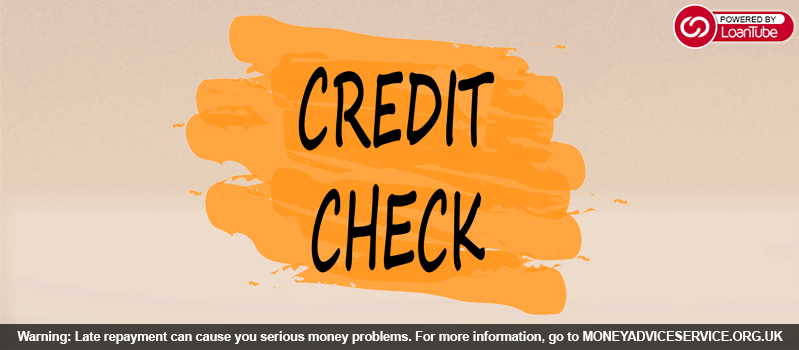Applying for a loan always means you pull your loan tough. Hard checks influence your credit, soft checks do not. Make sure that you understand the change.
There are many variables which influence your credit rating, which is not all under your control. Credit pulls, which can be performed by a business or a lender, are one of the uncheckable variables. Such checks are also known as soft credit checks – they do not influence or impact your credit score. Moreover, they do not leave any footprints on your report.
What is a hard check?
Hard checks (also referred to as “hard pulls”) usually happen when a financial institution, such as a lender or credit card lender, checks your eligibility when making a decision. They usually occur when you apply for a mortgage, loan or credit card, and you usually need to authorize them.
A hard check could reduce your credit ratings by a couple of points, or it can have a negligible impact on your results. In most instances, if you are authorized for a new card or loan, a single difficult investigation is unlikely to play an enormous part. And the harm to your credit scores generally reduces or disappears even before your credit reports drop off the investigation for good.
What is a soft check?
A soft pull is when your loan document is checked background by a loan broker or a lender. It’s just a formal review of your credit, and there’s no in-depth check, so it does not affect your credit ratings. A soft pull demonstrates precisely what you’d see if you looked at your own loan report— credit lines, loans, payment history, and any account records.
Soft inquiries will not influence your credit scores. As no particular request for the new loan is connected to a soft inquiry, it will only be noticeable to you when you view your credit reports. (Soft Requests can be registered in your credit reports, depending upon the credit bureau.)
Bottom Line
In your financial well-being, your credit scores play a major part. Take time to build up your credit scores before applying for a loan. With better credit, you can enhance your likelihood of being approved for the highest possible terms and rates for the financial products you want.
Also, borrowers should ignore loans with no credit check- as such loans do not exist in the lending market. Due to strict guidelines given by the FCA, every lending body has to perform a credit check before lending money to the borrower.
Keep in mind- it’s good to be safe than sorry, and always apply for credit with regulated financial bodies.

